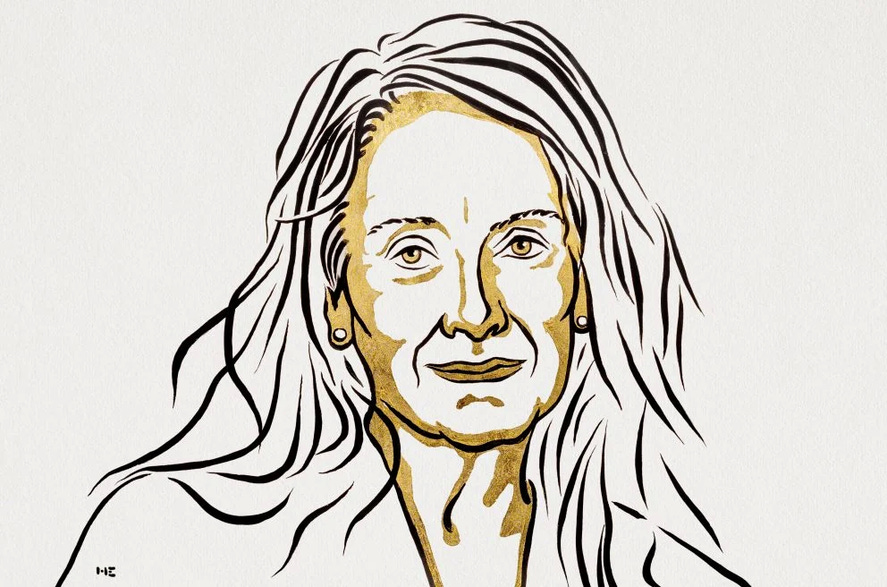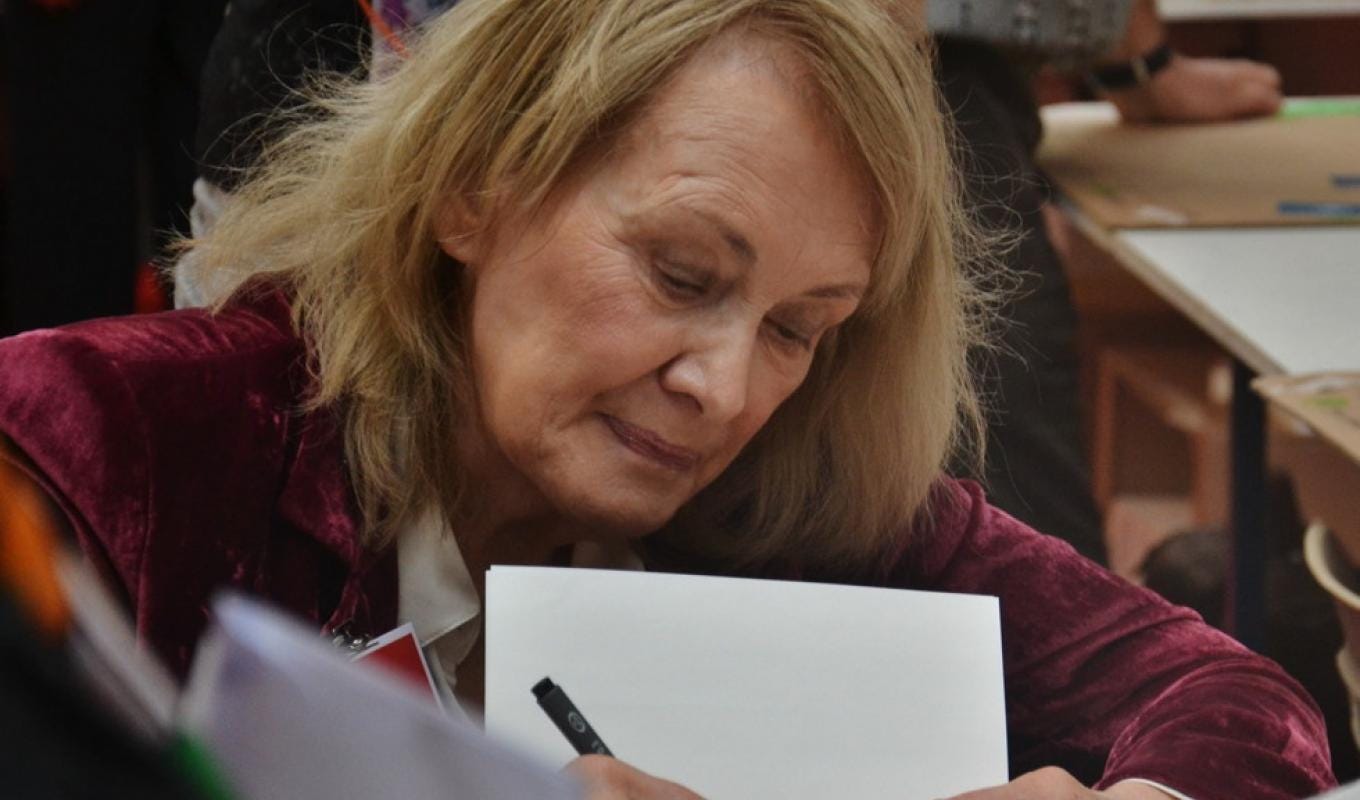Personal Origin Stories
I’ve always been very curious about people’s personal journeys.

I’ve always been very curious about people’s personal journeys. I love discovering how they got from point A to B; how they ended up in a very different place from where they began. The more the journey meanders, the more I become captivated. I call them personal origin stories.
I collect them for a very specific reason: to comfort myself in moments of self-doubt.
For example, when I ask myself, what am I doing here? Where the hell am I going? Am I headed in the right direction? Origin stories can be a marvelous source of inspiration.
Over time, you begin to understand that there is no right or single way to do things. A million possibilities open up to you. A wrong turn can lead you to a better place. A failure is actually a stepping stone to a bigger goal in disguise. These stories show us that the struggle is real and very normal. (What?! I’m not the only person to go through this? Wait, what?! So I’m not a unicorn...? Damn.)
More importantly, personal origin stories teach us that most journeys don’t stop at the hardships. In fact, they usually forewarn us of better things that will follow. No matter the roadblock, challenge, or difficulty you may face today, the story doesn’t end here.
Especially if you don’t want it to.
This past week, one particular personal origin story jumped out at me.
Annie Ernaux: First Frenchwoman to win the Nobel Prize in Literature

Annie Ernaux recently received the Nobel Prize in Literature at 82. She published her first book at 34 years old while working as a schoolteacher and went on to publish an odd 20-something more throughout her lengthy career.
While Ernaux is the 16th author from France to win the Nobel Prize in Literature (France is the country with the most laureates in this category), she is the only woman to have done so. Her large body of work is mainly autobiographical, anchored in the working-class background she grew up in. Ernaux has been writing autofiction long before the genre grew popular.
For years, her critics refuted her work as fiction and even as literature. Her style, which she self-described as “écriture plate”, or flat writing, is what many of her detractors reproached her for as “anti-aesthetic” and “too readable” for its lack of lyricism and documentary-style prose. Annie Ernaux did not qualify as a “great writer”.
Yet, she continued to write and was well-received by the French public. Her school teacher sensibilities made her a generous author who took the time to reply to letters from young aspiring writers needing encouragement. In 2019, the international scene finally started paying attention when she was shortlisted for the International Booker Prize. Earlier this year, Ernaux published her 24th book, Le jeune homme (yet to be translated), and has now won the Nobel Prize in Literature.

While many applauded her for her accomplishments, the usual online trolls were quick to barrage Ernaux with unfounded and exaggerated accusations. Her worst critics, mostly French misogynistic editorialists, even went as far as questioning her merits for receiving the coveted prize.
“There is nothing wrong with talking about one’s self,” Nicolas Ungemuth wrote this week in Le Figaro, “Celine and Proust did it incessantly, but at least they had the necessary talent to romanticize their lives.”
It’s interesting to note that the Nobel Committee seems to celebrate what Ernaux’s most ardent critics disparage:
“In her writing, Annie Ernaux consistently and from different angles, examines a life marked by strong disparities regarding gender, language, and class. Her path to authorship was long and arduous. Among her novels are ‘A Man’s Place’, ‘A Woman’s Story’ and ‘Years’. Ernaux’s work is uncompromising and written in plain language, scraped clean. And when she with great courage and clinical acuity reveals the agony of the experience of class, describing shame, humiliation, jealousy or inability to see who you are, she has achieved something admirable and enduring.” - The Nobel Prize Committee
So what can we learn from this origin story?
1. You don’t have to be very young when you publish your first book.
2. Keep going, despite the haters and the naysayers. Ernaux’s professional writing career spans almost fifty years, and she continues to publish today.
3. You can publish books in your eighties.
4. Your path to authorship can be “long and arduous”, and it can lead to a Nobel Prize. You never know.
5. There will always be two types of audiences: those who will hate your work and those who will love it. Forget the first type, focus on the second.
6. Keep showing up and be generous with those who support you.
Some Interesting data
I found this fun interactive visualization of Nobel Prize winners by age.
Here are some factoids for you:
Only 17 of the 119 Nobel laureates in Literature are women (14%).
The average age of winners in this category is 65 years old.
Doris Lessing is the oldest laureate. She was 88 years old when she won the Nobel Prize.
There are 7 writers who won the Nobel Prize in Literature in their eighties, representing 6% of all literature laureates. The representation of women and men is almost equal in this age group:
Theodor Mommsen- Awarded in 1902 at 85 years old
Paul Heyse - Awarded in 1910 at 80 years old
Jaroslav Seifert -Awarded in 1984 at 83 years old
Doris Lessing - Awarded in 2007 at 88 years old
Tomas Tranströmer - Awarded in 2011 at 80 years old
Alice Munro - Awarded in 2013 at 82 years old
Annie Ernaux - Awarded in 2022 at 82 years old
This week’s ear candy 🍬
I’ve been enjoying Yeah Yeah Yeah’s latest album, Cool It Down. Karen O’s vocals are still electrifying as ever, which is why I’ve also been cycling through her solo projects and my favourites like Maps and Heads Will Roll.
Keep writing! Keep creating!
G.G. Law
If you like this post, let me know. Or even better, share it with someone else!
You can receive all these posts directly in your inbox by clicking on the button below. It’s free! (So is unsubscribing.)





